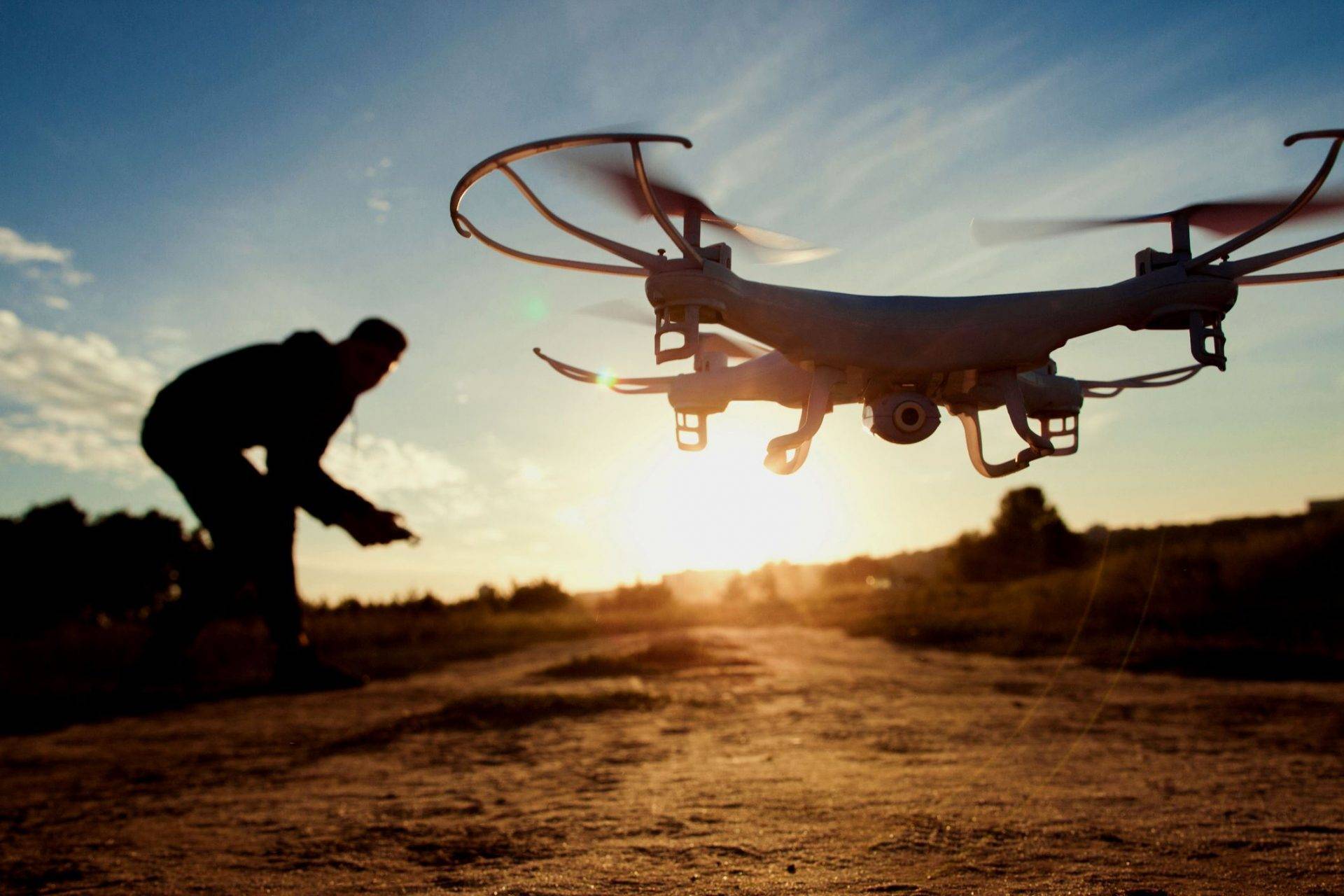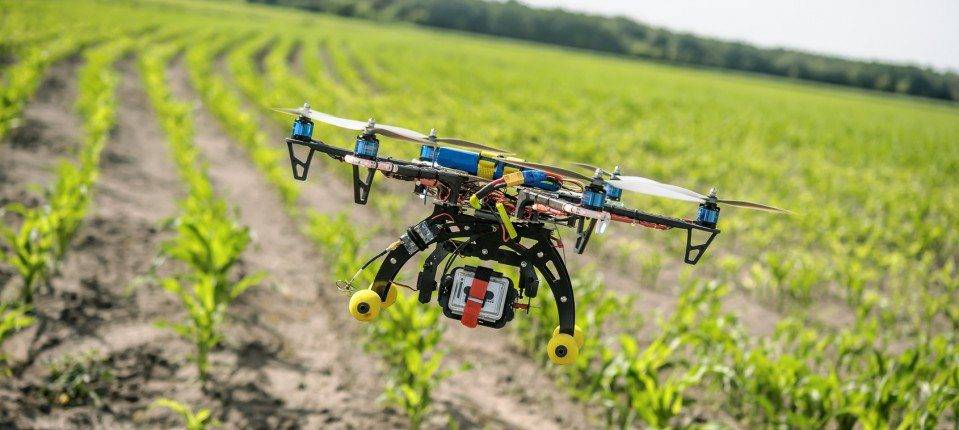From Saving Lives To Eradicating Pests – Drones Are Becoming A Lifeline In Two Prominent Parts Of Africa

In less than two days, two places in Africa have made known their intention to use drones to combat some of their most incorrigible challenges.
In Africa’s largest city – Lagos – 5,000 drones have been purchased to play search and rescue along its busier-than-ever waterways. In Mauritania, on the other hand, the government has disclosed plans to use drones to take the locust problem in the country.
Despite being banned in about 6 African countries, drones are making their way into the innovative mainstay in the continent. Nations in the region are increasingly experimenting with the 21st century technology in order to leapfrog decades of neglect from the 20th century infrastructure.
In Lagos, the government has copped an army of drones to safeguard the water-traveled lives and property of its passengers.
For the consecutive months from June to July last year, three boats were believed to have foundered along the waterways – which serves 70,000 and 1.5 million passengers weekly and monthly, respectively.
As traveling by water is one of the fastest ways to beat the notorious Lagos traffic, the development is one swell idea. Similar to how a marine lecturer did aerial observation on Ghana’s coastal region, the drones will be used by trained operators to keep a keen eye on transport-related activities in Lagos’ waterways.

Back in Mauritania, locusts are becoming a pain in the stomach. Literally. Drones are being in the fight against desert locusts as part of efforts by a UN body to minimise the damage inflicted by the pest on crops in West Africa.
The second test phase will be held from 26th to 31st January, and is expected to assure the durability and adaptability of these flying devices in different desert conditions.
The Northwest African country which three-quarters desert, suffered a large locust attack in 2004. The event covered about 16,000 square kilometres that ravaged a vast quantity of crops and threatened nearly a million people with starvation. For 21 days, five 10-man teams of explorers will monitor the areas the locusts are known to breed.
A part of STEM, drone corridors now offer the avenue for African countries to lead their own industrial revolution. This is borne, in part, from using tech to come up with humanitarian solutions for the continent.
In 2018, the Malawian government and UNICEF joined hands to cut down the spread of malaria in the country by using drones to identify breeding grounds for mosquitoes transmitting the disease. In 2018, AfDB president, Akinwunmi Adesina, said future farmers will sit in their homes and use drones to monitor their crops.
Featured Image: Skeyes